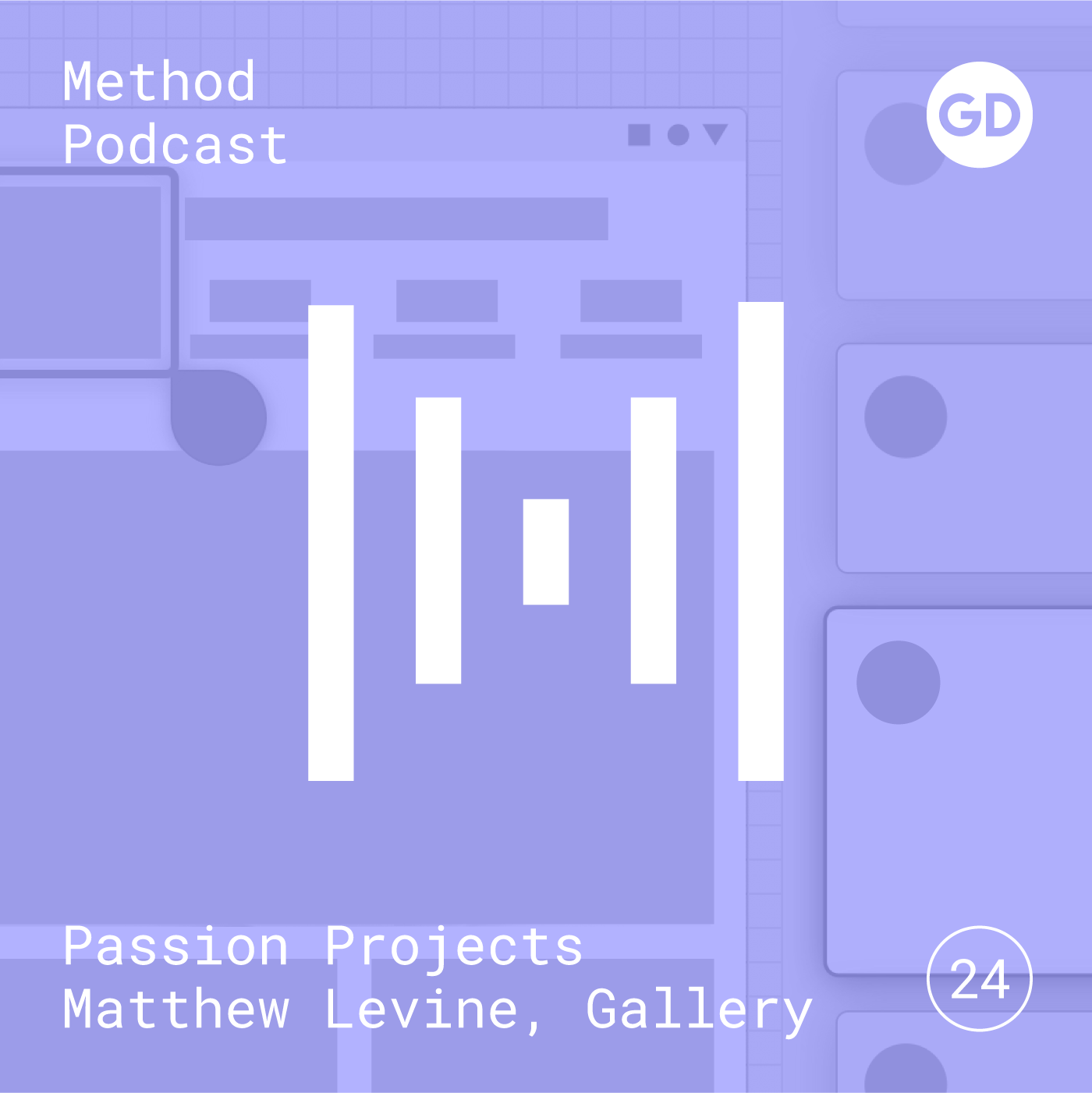Jens Riegelsberger of Google
Description
In this episode, Travis Neilson interviews Jens Riegelsberger, a UX Director at Google, about the company’s evolving design identity. Riegelsberger discusses his role in launching Google’s Product Excellence program—an initiative that sets the bar for quality and usability across all Google products—and what it means to build teams that favor multiple perspectives and diverse skillsets.
A few highlights:
On being a good leader
“Look at your job as chiefly to enable other people's insights and eureka moments. That doesn't mean abdicating responsibility. It takes actually quite a bit of work to do this well.”
On embracing healthy friction
“Frankly, we can't have a static, preordained culture because we work in a field where so much change is happening all the time. So knowing that we all have to negotiate culture and that it's a fluid thing prepares us well for the changes that are coming.”
On the value of “dabbling”
“I have a PhD in computer science, but I also taught at art school. So there's this mix of different identities that I’ve had to cobble together. I’ve never deeply believed, ‘Okay, this worldview is the only true worldview; my science or my community knows how it's done,’ because I've always jumped around.”
Handy info and links for this episode:
- Riegelsberger co-authored this whitepaper on a 2013 project aimed at increasing empathy for users. Over the last five years, the project has helped more than 1,500 Google engineers, designers, and product managers immerse themselves in observational research.
- Product Excellence is a Google initiative, started in 2014, that’s working to identify and solve systemic barriers to excellence—by focusing on the user. Download a PDF of the principles to guide your own work.
- Google co-founders, Larry Page and Sergey Brin, developed the company’s first Pagerank algorithm in 1996 at Stanford.
- Global UX research is a rapidly growing field. Here are 10 strategies used by Google’s international research team to build empathy and impact for the next billion users.






















